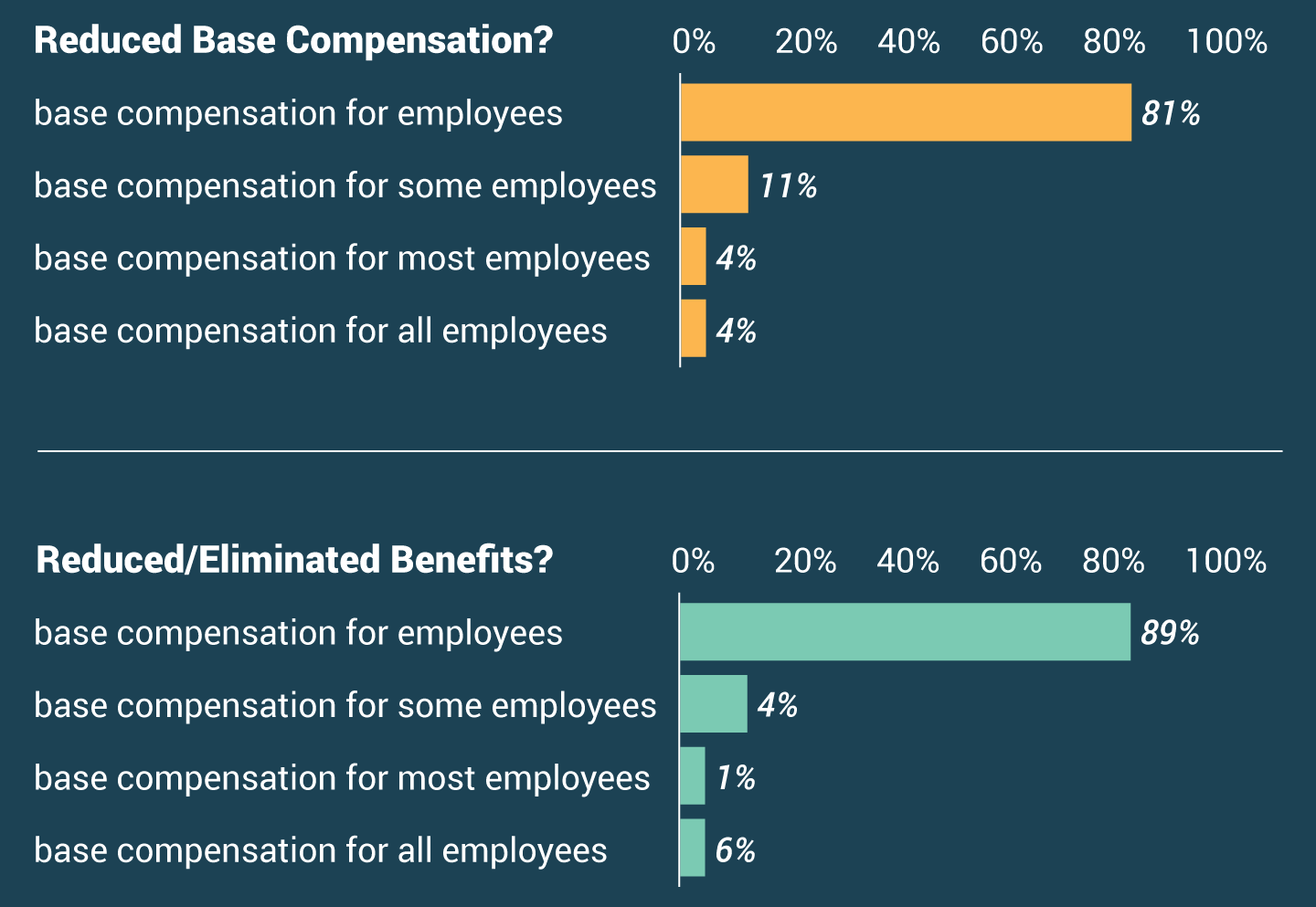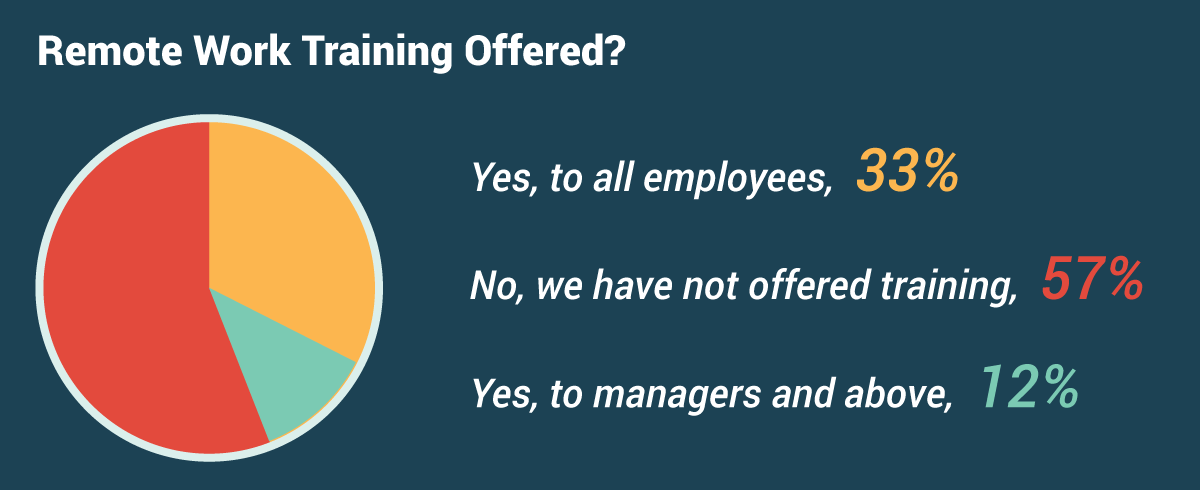HR GOES REMOTE:
HIRING DURING THE PANDEMIC
MindEdge/HRCI’s Joint Survey:
HR in the Age of Workplace Uncertainty
While the COVID-19 pandemic has battered the American economy, the large majority of companies have held the line on workers’ pay and benefits. But with millions of Americans now working from home, most firms are not providing them with training in how to work remotely.
The results of MindEdge and HRCI’s joint survey, HR in the Age of Workplace Uncertainty, illustrate the wide array of HR challenges arising from the COVID-19 crisis. While most companies are still hiring, many HR functions – including recruiting, interviewing, and onboarding – are now being handled remotely, raising concerns for many HR professionals. Survey respondents also report a significant increase in workplace stress and employee burnout.
MindEdge/HRCI’s national survey of 757 experienced HR professionals – those with an HRCI certification of PHR or above – was conducted online between September 15 and October 2, 2020. The top findings: 89 percent of respondents say their companies have not reduced or eliminated employee benefits, and 81 percent say their firms have not cut workers’ base pay. But most employers are not helping their workers adjust to the “Work From Home” era: fully 57 percent of respondents say their firms are not training workers in how to work remotely.

Eight-of-ten companies have held compensation and benefits steady during the pandemic
19% indicate compensation has been reduced for at least some employees, compared to 11% who indicate benefits have been reduced for at least some employees.

Q: Since the beginning of the COVID-19 pandemic, has your company reduced base compensation for it’s employees? [Single-select answer choice] n=757
Q: Since the beginning of the COVID-19 pandemic, has your company reduced or eliminated employee benefits? [Single-select answer choice] n=757
43% of respondents indicate their companies have offered remote work training, but 57% have not

Q: Since the beginning of the pandemic, has your company offered training in how to work remotely? [Single-select answer choice] n=757
The survey results illustrate two different responses to the COVID-19 crisis. In the top chart, 81 percent of respondents say their companies have not cut base pay during the pandemic; 11 percent say they have cut pay for only some employees, and another 4 percent have cut pay for most employees. Only 4 percent say their companies have reduced base pay for all employees. Similarly, 89 percent say their companies have not reduced or eliminated employee benefits in response to the pandemic, while 11 percent say they have reduced or eliminated benefits for only some employees. Another 1 percent have reduced or eliminated benefits for most employees, and 6 percent say their companies have reduced or eliminated benefits for all employees.
In the bottom chart, 57 percent of respondents say their companies have not offered workers training in how to work remotely. One-of-three (33 percent) say their companies have offered such training to all employees, and another 12 percent say they have offered remote-work training to managers and above.
